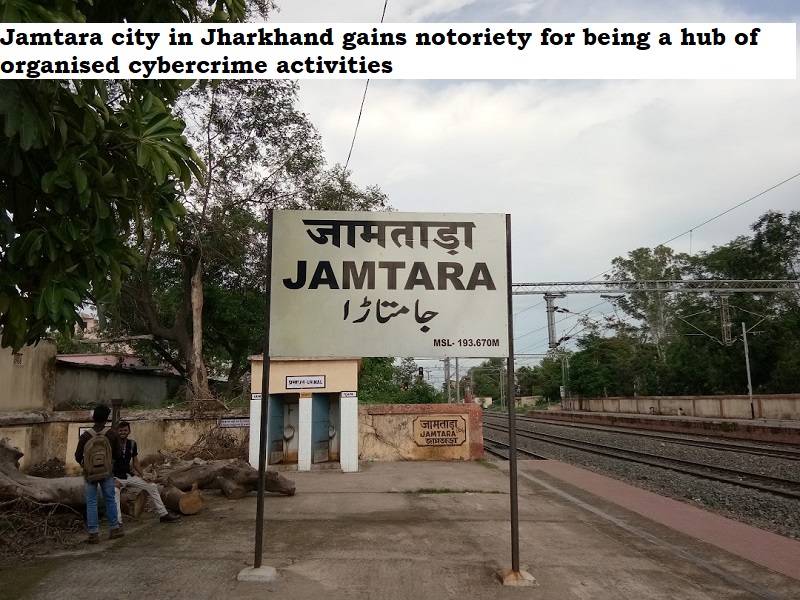
The city of Jamtara in the Indian state of Jharkhand has gained notoriety for its organised cybercrime activities, particularly in the form of phishing scams. These scams involve a group of scammers posing as representatives of legitimate companies, such as banks or insurance firms, to trick unsuspecting individuals into revealing personal and financial information.
The scammers then use this information to carry out fraudulent transactions. The scammers often use social engineering tactics, building rapport with the victim to gain their trust. This type of fraud has become operational in other parts of India as well, and has been a major concern for law enforcement agencies.
Recently, the Delhi Police arrested six people from Jamtara for conning over 2,500 individuals in India of Rs 1 crore via customer care centres.
The accused published their cellphone numbers as customer service numbers for the majority of the banks. People looking for customer service information for banks or online retailers would often then come across the provided fake numbers and become a victim of cyber fraud.
The accused reportedly used mirroring software to gain access to the victims’ registered cell phones in order to steal money.
The suspects impersonated customer service personnel for many reputable banks and online retailers. Authorities found 12,500 pre-activated SIM cards that had been given to scammers in Jamtara from West Bengal’s Murshidabad city.
The issue came to light when a complainant from Dubai travelled to Delhi to see his daughter. He used Google to look for the customer service number to update his daughter’s bank passbook. His location was shared with the accused, and the net banking page was opened.
The accused forwarded the call to a person posing as a senior executive and remotely gained access to the mobile phone, making two transactions of Rs 9,50,000 and Rs 50,000 from the account.
The suspects used the call forwarding method and kept changing Google web page customer phone numbers to hide their locations. The phone numbers and IMEI were analysed and it was found that these persons were carrying out cyber fraud in an organised and professional manner on a pan-India basis.
On April 11, a raid was carried out in the Jamtara village of Nawadih, where six persons were detained and 25 mobile phones with fraudulent SIM cards and incriminating data were recovered. A fraudster would keep three to four smart mobile phones and choose a remote place in Nawadih village where police access is difficult.

Post Your Comments